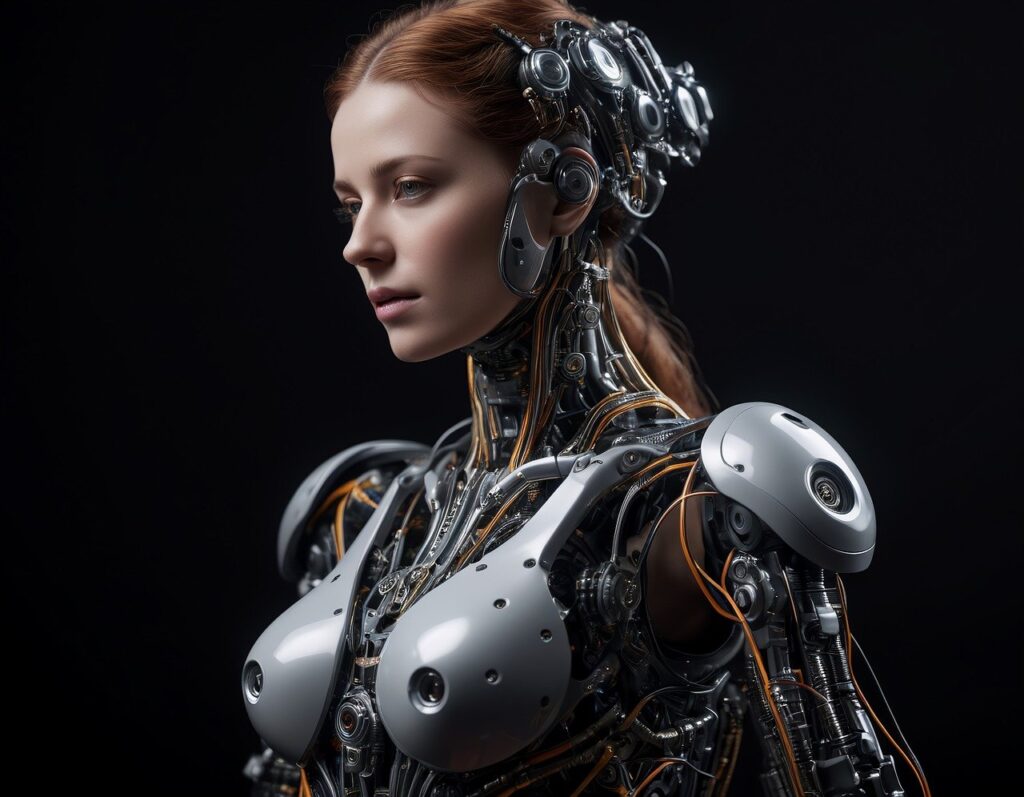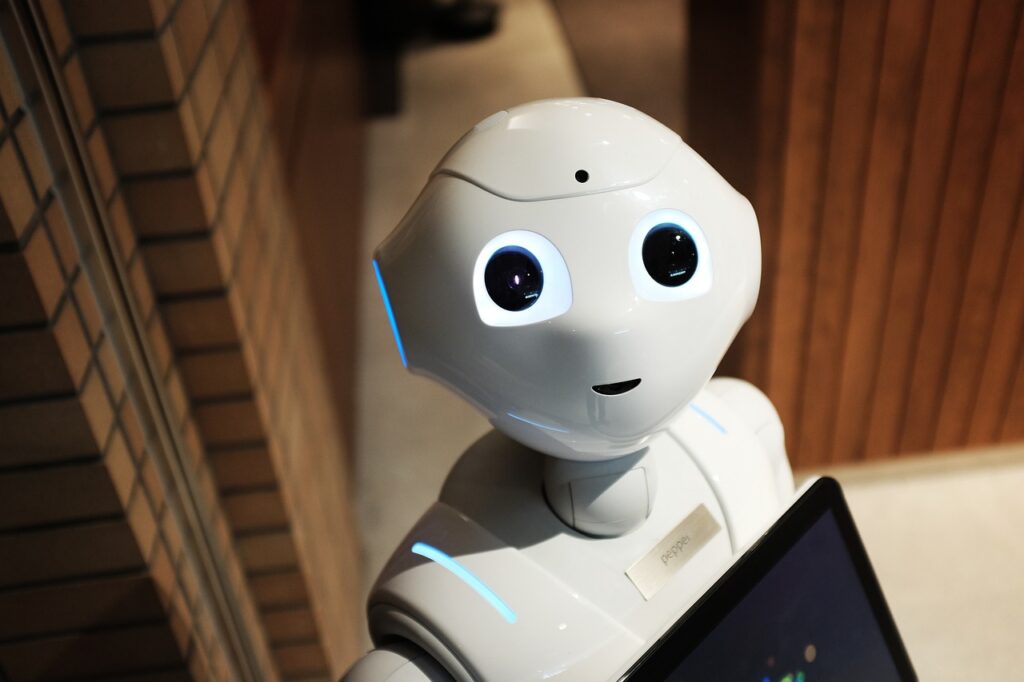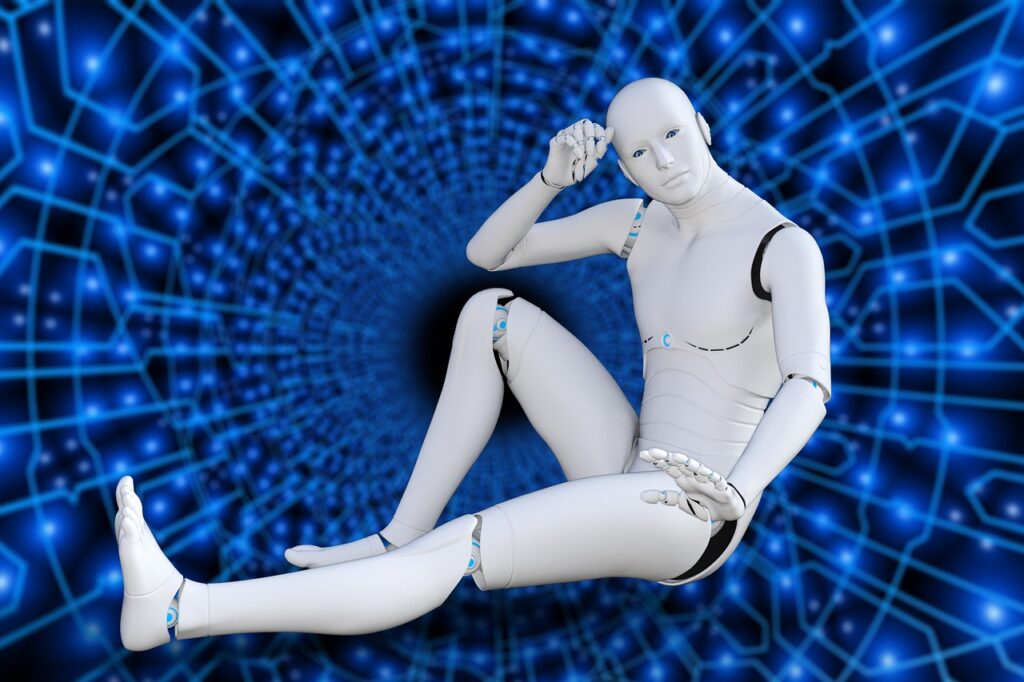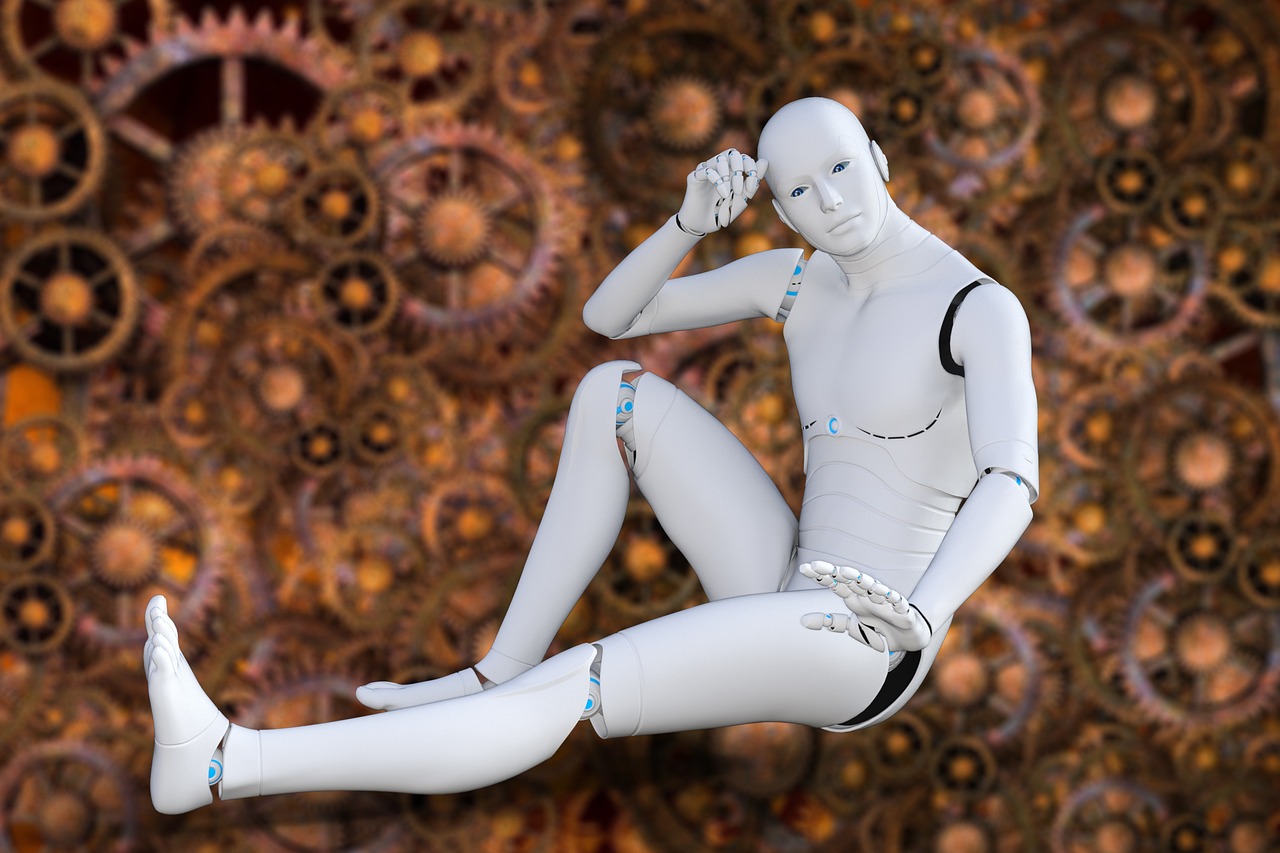Top Applications of Artificial Intelligence Today Artificial Intelligence (AI) is no longer a concept of the future. It’s a revolutionary force driving change across industries, reshaping our daily lives, and impacting how we interact with technology. From healthcare to finance, AI’s applications are diverse, evolving, and expanding rapidly. The Top Applications of Artificial Intelligence Today showcase how AI is transforming industries, enhancing efficiency, and driving innovation across the globe.

In this post, we’ll explore the most impactful applications of AI, how it’s changing the world, and what we can expect from the future of artificial intelligence in 2025.
What is Artificial Intelligence?
Before diving into specific applications, it’s essential to understand AI’s core. Artificial Intelligence refers to the simulation of human intelligence by machines, particularly computer systems. It involves processes such as learning (acquiring information and rules for using it), reasoning (using rules to reach approximate or definite conclusions), and self-correction. AI technologies include machine learning, natural language processing, robotics, and more, allowing systems to perform tasks that normally require human intelligence.
1. AI in Healthcare
One of the most remarkable top applications of artificial intelligence today is in healthcare. AI is transforming how medical professionals diagnose diseases, treat patients, and manage healthcare facilities. AI-driven systems can analyze medical records, suggest treatments, and predict patient outcomes with high precision.
a) AI for Diagnosis and Treatment
AI systems like IBM’s Watson Health analyze vast amounts of data to assist in diagnosing diseases and recommending personalized treatments. Machine learning algorithms are helping radiologists detect cancer at earlier stages by analyzing scans more quickly and accurately than human eyes.
b) Robotic Surgeries
AI-powered robotic systems, such as the Da Vinci Surgical System, are enabling surgeons to perform delicate surgeries with enhanced precision, leading to shorter recovery times and fewer complications for patients.
c) AI in Drug Discovery
AI is accelerating drug discovery by analyzing chemical compounds and predicting their effectiveness. It allows pharmaceutical companies to reduce the time and cost required to bring new drugs to market, benefiting both the industry and patients globally.
2. AI in Finance
The finance industry has rapidly adopted AI to optimize operations, improve customer service, and enhance security. Financial institutions use AI for fraud detection, algorithmic trading, and customer support, proving its vast potential in reshaping traditional banking methods.
a) Fraud Detection
Banks and credit card companies use AI to detect fraudulent transactions in real-time. By analyzing user behavior and transaction patterns, AI systems can identify suspicious activities and block fraudulent transactions before they occur.
b) Algorithmic Trading
AI-driven trading algorithms process massive amounts of financial data to make trading decisions faster and more accurately than human traders. This helps investors optimize their portfolios and make informed decisions based on market trends.
c) AI for Customer Service
Chatbots and virtual assistants powered by AI are transforming customer service in the financial sector. They can handle customer queries, process transactions, and offer personalized financial advice around the clock, improving customer satisfaction.
3. AI in Education
AI is enhancing education by offering personalized learning experiences, automating administrative tasks, and providing intelligent tutoring systems. With AI-powered tools, educators can track student progress more efficiently and tailor instruction to meet individual needs.

a) Personalized Learning
AI-powered platforms analyze students’ learning styles and performance data to create personalized learning paths. This ensures that students get the content and pacing that suit their individual learning needs, making education more effective.
b) Virtual Tutors
AI-driven virtual tutors can assist students with homework, provide instant feedback, and help them master difficult concepts. These systems adapt to students’ needs, offering a level of personalized instruction that was previously unavailable.
c) Automating Administrative Tasks
AI systems are helping educational institutions automate tasks such as grading, scheduling, and enrollment, allowing teachers to focus more on instruction and student engagement.
4. AI in Transportation
AI is revolutionizing the transportation industry, particularly with autonomous vehicles, traffic management systems, and predictive maintenance. These technologies are making transportation more efficient, safer, and environmentally friendly.
a) Autonomous Vehicles
Self-driving cars, powered by AI, are one of the most exciting developments in the transportation sector. Companies like Tesla and Waymo are using machine learning algorithms to teach cars how to navigate roads, avoid obstacles, and ensure passenger safety. This technology has the potential to reduce accidents caused by human error, making roads safer.
b) Traffic Management Systems
AI-based traffic management systems analyze traffic patterns in real-time, adjusting traffic lights and rerouting vehicles to reduce congestion. These systems optimize traffic flow, reducing delays and fuel consumption in urban areas.
c) Predictive Maintenance
In the aviation and automotive industries, AI is used to predict when a machine or vehicle might fail. Predictive maintenance systems use AI to analyze sensor data and detect patterns that signal potential malfunctions, allowing companies to address issues before they become critical.
5. AI in Retail
Retailers are increasingly turning to AI to enhance customer experiences, manage inventory, and personalize marketing strategies. From virtual shopping assistants to AI-driven product recommendations, AI is reshaping how we shop.

a) Personalized Shopping Experiences
AI algorithms analyze customer behavior, preferences, and purchase history to offer personalized product recommendations. This not only improves customer satisfaction but also boosts sales by offering relevant suggestions.
b) Inventory Management
AI systems help retailers manage inventory more efficiently by predicting demand, optimizing stock levels, and reducing waste. These systems ensure that the right products are available at the right time, improving both customer satisfaction and profitability.
c) Virtual Assistants
Retailers use AI-powered chatbots and virtual assistants to assist customers with product inquiries, provide recommendations, and process orders. These tools offer a seamless shopping experience by providing instant support.
6. AI in Entertainment
AI is changing the way we create and consume content in the entertainment industry. From content recommendations on streaming platforms to AI-generated music and art, AI is enhancing creativity and providing personalized entertainment experiences.
a) Content Recommendations
Streaming platforms like Netflix and Spotify use AI to analyze user preferences and recommend content. These systems predict what users will enjoy based on their viewing and listening habits, keeping them engaged and improving user retention.
b) AI in Game Development
AI is being used in video game development to create more intelligent and adaptive game environments. NPCs (non-playable characters) can now respond to player actions more realistically, creating immersive gaming experiences.
c) AI-Generated Content
AI is also being used to create music, artwork, and even films. Tools like OpenAI’s GPT models can generate scripts, dialogue, and music, while AI-driven art generators are producing works that challenge the boundaries of human creativity.
Future of Artificial Intelligence in 2025
As we look ahead to 2025, the future of AI promises even more exciting developments. AI will become more integrated into everyday life, from smart homes to AI-driven medical breakthroughs. The future of artificial intelligence in 2025 will see advancements in areas such as natural language processing, AI ethics, and machine learning, making AI even more capable and responsible.
AI will continue to drive innovation, transforming industries and creating new opportunities for businesses and individuals. However, with these advancements come challenges, such as ensuring data privacy, addressing bias in AI systems, and managing the societal impacts of widespread automation.
Conclusion
The top applications of artificial intelligence today demonstrate the vast potential of AI to improve lives, drive business success, and create innovative solutions to complex problems. From healthcare and education to transportation and retail, AI is becoming an essential part of modern life, and its influence will only grow in the years to come. As we move toward the future of artificial intelligence in 2025, the possibilities are endless.
By understanding how artificial intelligence is changing the world, we can better prepare for the exciting innovations and challenges that lie ahead.

